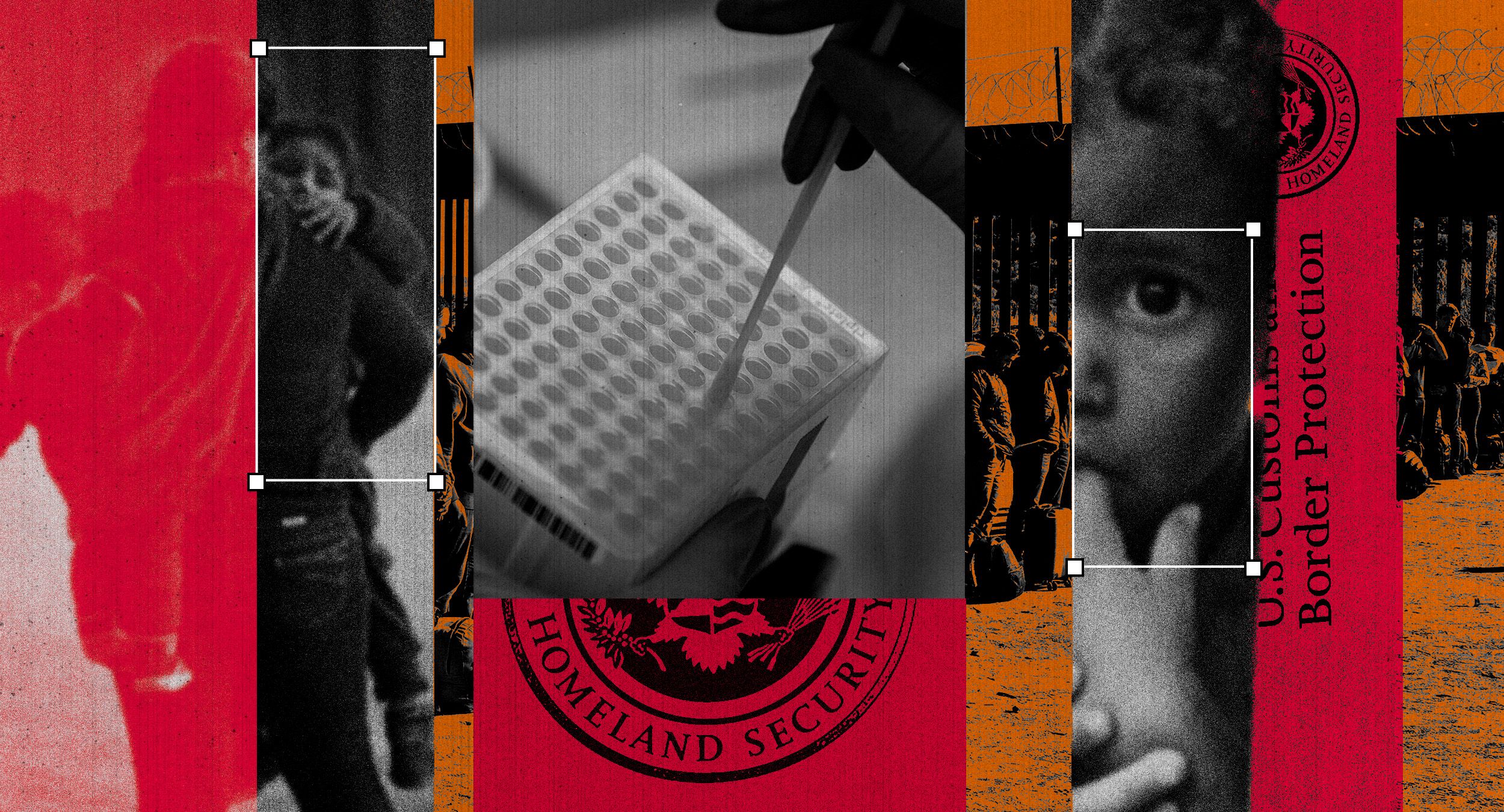A Starter Guide to Protecting Your Data From Hackers and Corporations
A Starter Guide to Protecting Your Data From Hackers and Corporations
In today’s digital age, protecting your personal data from hackers and corporations is more important than ever….

A Starter Guide to Protecting Your Data From Hackers and Corporations
In today’s digital age, protecting your personal data from hackers and corporations is more important than ever. With the increasing number of cyber attacks and data breaches, it is crucial to take steps to safeguard your information.
One of the first things you can do to protect your data is to use strong, unique passwords for all of your online accounts. Avoid using easy-to-guess passwords like “password123” or your date of birth. Instead, use a combination of letters, numbers, and special characters.
Another important step is to enable two-factor authentication on all of your accounts. This adds an extra layer of security by requiring a second form of verification, such as a code sent to your phone, in addition to your password.
Be wary of phishing emails and other scams that may attempt to trick you into revealing your personal information. If you receive an email or message that seems suspicious, do not click on any links or provide any sensitive information.
Regularly update your software and devices to protect against known vulnerabilities and security risks. Software updates often include patches that fix security issues, so it is important to stay up-to-date.
Consider using a virtual private network (VPN) when browsing the internet, especially on public Wi-Fi networks. A VPN encrypts your data and hides your IP address, making it more difficult for hackers to intercept your information.
Use encryption tools to secure your sensitive files and communications. Encryption scrambles your data so that only authorized users can access it, adding an extra layer of protection.
Be cautious about sharing personal information on social media and other online platforms. Limit the amount of information you publicly disclose, as this information can be used by hackers and corporations to target you.
Regularly monitor your accounts and credit reports for any signs of suspicious activity. If you notice any unusual transactions or unauthorized access, take immediate action to secure your accounts and report the incident to the appropriate authorities.
Remember that protecting your data is an ongoing process. Stay informed about the latest security threats and best practices for safeguarding your information. By taking proactive steps to protect your data, you can reduce the risk of falling victim to hackers and corporations.




